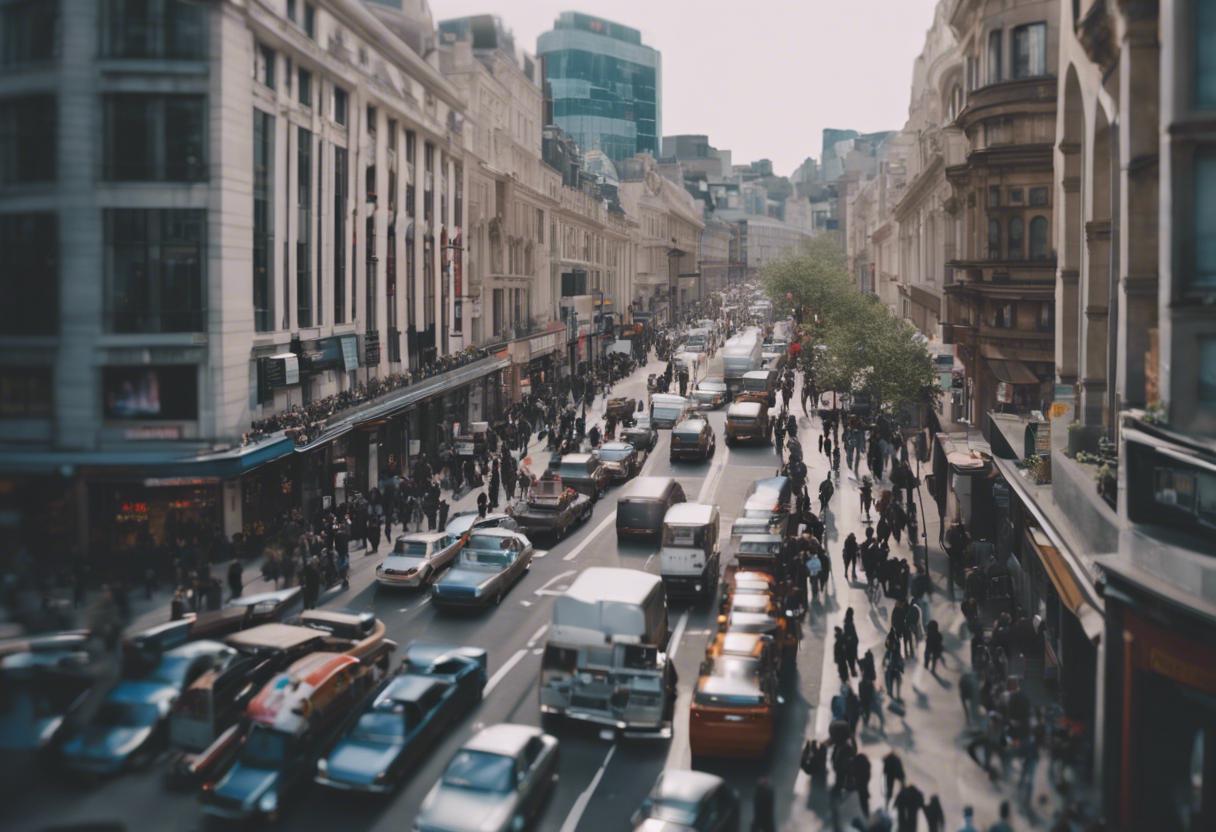Following a recent powerful episode of RTÉ Investigates titled ‘Inside the Riots’, which highlighted anti-immigrant protests and associated violence, a fresh lens has been focused on the policing of these events. The documentary revealed distressing visuals of violent acts and racism and numerous incidents wherein gardaí were seen as inadequate or unresponsive in tackling assaults on journalists, workers and asylum seekers.
Against this backdrop, the Garda Commissioner, Drew Harris, has accepted the failure in not deploying the public order unit in Coolock. It increasingly appears that a comprehensive review of the training and resources of Garda operations surrounding similar demonstrations and the ‘graduated approach’ guiding the Garda response to date will be undertaken. Only last week, Mr Harris announced that gardaí had procured footage of July’s anti-immigration riot in Coolock from the broadcaster and will use it as part of their ongoing investigations.
Just prior to the airing of the programme, a large-scale anti-immigrant protest was organised at O’Connell Street with a stated intention of marching towards Leinster House. Although the turnout was relatively low on that Thursday, a sitting protest resulted in traffic disturbance. When the initially peaceful protest morphed into a face-off with gardaí, several arrests were made but there were no reports of injuries or severe incidents. In one respect, the response could be viewed as successful public order management. The police allowed a contentious, though small, initially peaceful protest to go on without incident. Even when the protest escalated and caused disruption and inconvenience for the wider society, the protesters were permitted to express their views. Any lawbreakers were dealt with individually, without affecting the larger protesting group, while also preventing any violence, destruction to public institutions and properties.
It’s crucial to recognise another aspect of the law enforcement tactics that warrants attention. In anticipation of a protest and a smaller event the day prior, significant sections of the city centre were shuttered to both vehicles and pedestrians for two days. Kildare Street, Molesworth Street and their environs were obstructed by stationary barriers and several police checkpoints on the Wednesday and Thursday of that week. Previously, such drastic measures were only implemented for visits by global leaders. However, in recent months, it has become routine to shut down the vicinity of Leinster House and Government Buildings. The Irish Council for Civil Liberties (ICCL) has noted regular instances of total closure, including on days without any protest. Earlier this month, there was revelation of costs incurred by the Garda for protest management at Leinster House skyrocketing over the last year, with upward of €1 million expended so far in 2024.
This development is underpinned by a disturbing trend of violence aimed at democratic institutions and their representatives. Besides violent disruptions near Leinster House and Government Buildings, senior Government and Opposition leaders have been victims of death threats, protests outside politicians’ residences and assaults, with female political representatives especially targeted. An alarming surge in verbal and physical attacks along with intimidation strategies was witnessed targeting candidates and their teams during the recent local and European elections. Based on data from the Immigrant Council of Ireland, approximately 75% of immigrant background candidates encountered racism and harassment during their political campaigns, with violence threats directed at one quarter of them. Alarmingly, there is an escalating number of reported hate crimes against minority groups, especially refugees, ethnic minorities, and the LGBTI+ community.
The government appointed a committee on secure political involvement last year, mindful of the trend and its possible effect on political participation. It was led by Nóirín O’Sullivan, ex-Garda chief and presented 16 extensive proposals. The ICCL, in its report to the committee, warned against any acts which could limit or curb the basic right to join in peaceful protests. It’s undeniable that certain minor groups have demonstrated a propensity for heavy violence and it’s crucial for the police to take these threats seriously. Nonetheless, the public’s freedom to voice their concerns and protest in public spaces, including the national parliament, is critical. The frequent protests at Leinster House attest to our robust and thriving democracy.
The intention expressed by the Justice Minister to provide police with facial recognition technology and prohibit masks at protests, combined with repeated closures of the area around Government Buildings, runs the risk of intimidating the public and undermining the democratic principles we all advocate for.
Striking a balance with protest rights is intricate and challenging, nevertheless, there are several approaches available to the police. They can pour resources into intelligence that singles out groups and individuals who consistently pose threats and intimidation. Law breaches can be quickly addressed. Protective strategies like barriers and roadblocks might be necessary during times of heightened risk. However, the regular implementation of these extreme responses might deter the public from participating in peaceful protests.
There is no uncertainty that the political system and police are grappling with novel security challenges – manifestations of political violence. Yet, any reevaluation of the police approach to these incidents should safeguard and uphold the public’s right to peaceful protest. It’s vital to ensure that our responses to anti-democratic forces do not hinder interaction with our political institutions and representatives or dissuade the public from expressing their constitutional rights.
Authored by Claire Mc Evoy, the head of research and policy at the Irish Council for Civil Liberties (ICCL).

